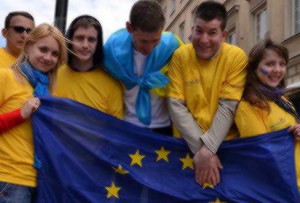 These events have something in common, particularly the name: terrorism and violence. Although, they happened in geographically distanced countries of Europe: in France and Ukraine, they are bonded by the fact, that both of them have become the object of the terrorist threat. The international community shall do everything possible to prevent such acts of violence in any part of the world, Continue reading
These events have something in common, particularly the name: terrorism and violence. Although, they happened in geographically distanced countries of Europe: in France and Ukraine, they are bonded by the fact, that both of them have become the object of the terrorist threat. The international community shall do everything possible to prevent such acts of violence in any part of the world, Continue reading
Category Archives: Social
Moral in the clash of values
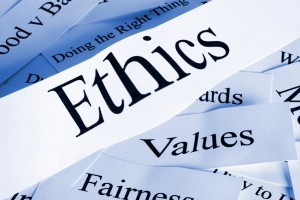 In the context of the conflict’s need theory author of the theses tries to offer an analysis of the social and value conflicts’ moral factors influence, as well as to demonstrate that in this context moral factors act as an instrument of conflict, which is being exploited either for the sake of the conflict tension relief or for its strengthening. Continue reading
In the context of the conflict’s need theory author of the theses tries to offer an analysis of the social and value conflicts’ moral factors influence, as well as to demonstrate that in this context moral factors act as an instrument of conflict, which is being exploited either for the sake of the conflict tension relief or for its strengthening. Continue reading
The moral attitudes influence to conflict human values
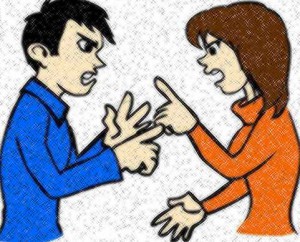 The report shows that the opposite moral attitudes of groups occupying opposite positions in the social structure are associated with orientations toward opposite life goals. In contrast, intermediate moral attitudes and moral assessments of social groups occupying middle positions in the social structure are associated with an orientation toward a combination of opposing life goals. Continue reading
The report shows that the opposite moral attitudes of groups occupying opposite positions in the social structure are associated with orientations toward opposite life goals. In contrast, intermediate moral attitudes and moral assessments of social groups occupying middle positions in the social structure are associated with an orientation toward a combination of opposing life goals. Continue reading
Social transformations in Russia at the end of XIX – beginning of XX centuries
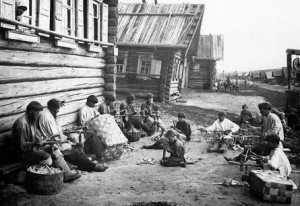 The end of the nineteenth century and the beginning of the twentieth century was a time of social upheaval in Europe and in Russia, which, with a need, required not only philosophical reflections, but also social and sometimes personal choices, which could not but affect the definition of the main vectors of social and ethical thought. The “foreboding” of social change led to the search for solutions at the level of ideas. Continue reading
The end of the nineteenth century and the beginning of the twentieth century was a time of social upheaval in Europe and in Russia, which, with a need, required not only philosophical reflections, but also social and sometimes personal choices, which could not but affect the definition of the main vectors of social and ethical thought. The “foreboding” of social change led to the search for solutions at the level of ideas. Continue reading
Moral aspects of social tension
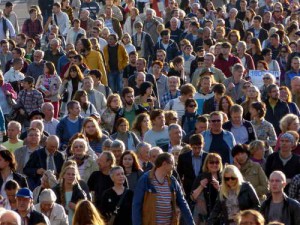 Social tension manifests itself in people’s dissatisfaction with the existing situation. It is accompanied by the spread of negative social sentiments. As indicators of social tension, the report considers the following elements of the current social situation: satisfaction with the state of the country’s economy, satisfaction with the work of democracy in the country, satisfaction with the state of the health care system in the country, assessing Continue reading
Social tension manifests itself in people’s dissatisfaction with the existing situation. It is accompanied by the spread of negative social sentiments. As indicators of social tension, the report considers the following elements of the current social situation: satisfaction with the state of the country’s economy, satisfaction with the work of democracy in the country, satisfaction with the state of the health care system in the country, assessing Continue reading
Social and moral Evil in the world
 Let’s start with an understanding of the concept of “Evil” in general.
Let’s start with an understanding of the concept of “Evil” in general.
Evil – is the diametrical opposite meaning to Good. They believe that there are three main types of Evil in the world.
The first type is a natural Evil. All those natural forces that destroy human well-being, and sometimes-even life. The human will and consciousness have no influence on such evil. Various natural processes occur, despite the human will or actions. Continue reading
National guilt and national responsibility
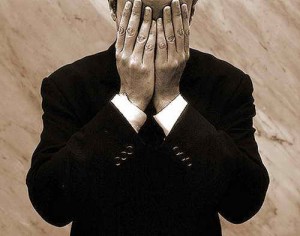 Every person is responsible for something. And every person can be judged for his every act. But not everyone will account for it. Unfortunately, in our times, many people can’t be judged, according to the legislation, because they have a sense of untouchability. It’s a pity, that we could observe such kind of process from ancient times till nowadays.
Every person is responsible for something. And every person can be judged for his every act. But not everyone will account for it. Unfortunately, in our times, many people can’t be judged, according to the legislation, because they have a sense of untouchability. It’s a pity, that we could observe such kind of process from ancient times till nowadays.
A vivid example from the literature was Continue reading
Love and intimacy in Anthony Giddens concept
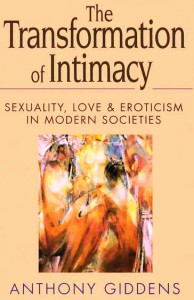 The sexual revolution happened several decades ago in the Western world and produced radical changes in the area of love, family and marriage. The famous British sociologist Anthony Giddens has developed the concept of the transformation of intimate relationships in his book “The Transformation of Intimacy. Sexuality, Love, and Eroticism in Modern Societies”.
The sexual revolution happened several decades ago in the Western world and produced radical changes in the area of love, family and marriage. The famous British sociologist Anthony Giddens has developed the concept of the transformation of intimate relationships in his book “The Transformation of Intimacy. Sexuality, Love, and Eroticism in Modern Societies”.
Using the sociological research L. Rubin and A. Kinsey and M. Foucault’s philosophical treatise, the author shows how the close relationships from a social institution have been transforming to an individual’s tool of emotional fulfillment, and they are get riding of the norms and role prescriptions. Continue reading
Can we blame robots?
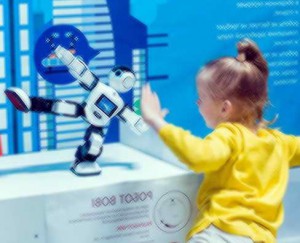 Due to the impressive development of robotics and artificial intelligence (“AI”), those robots are emerging which are similar to human agents physically and cognitively. We are coming under pressure to consider whether or not sophisticated robots and AIs should have status as “person” that means being a moral or legal agent or patient (I treat moral one only in this paper). Continue reading
Due to the impressive development of robotics and artificial intelligence (“AI”), those robots are emerging which are similar to human agents physically and cognitively. We are coming under pressure to consider whether or not sophisticated robots and AIs should have status as “person” that means being a moral or legal agent or patient (I treat moral one only in this paper). Continue reading
Crisis and revolutionary value
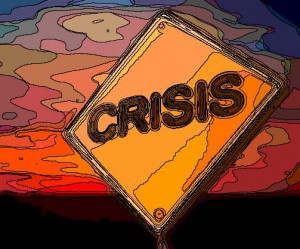 Crisis is an immanent part of our selves. It has become a daily experience, that is a feature of the everyday: we can see it in the media where it is represented in relation to politics, the economy, the law, religion and much else; we can feel it in the perception of difficulty which pervades the entire scientific (or, as one might have said of yore, “spiritual” or “natural”) system, by which I mean the essential part of our lives; and finally, we personally experience it in ways which often Continue reading
Crisis is an immanent part of our selves. It has become a daily experience, that is a feature of the everyday: we can see it in the media where it is represented in relation to politics, the economy, the law, religion and much else; we can feel it in the perception of difficulty which pervades the entire scientific (or, as one might have said of yore, “spiritual” or “natural”) system, by which I mean the essential part of our lives; and finally, we personally experience it in ways which often Continue reading
